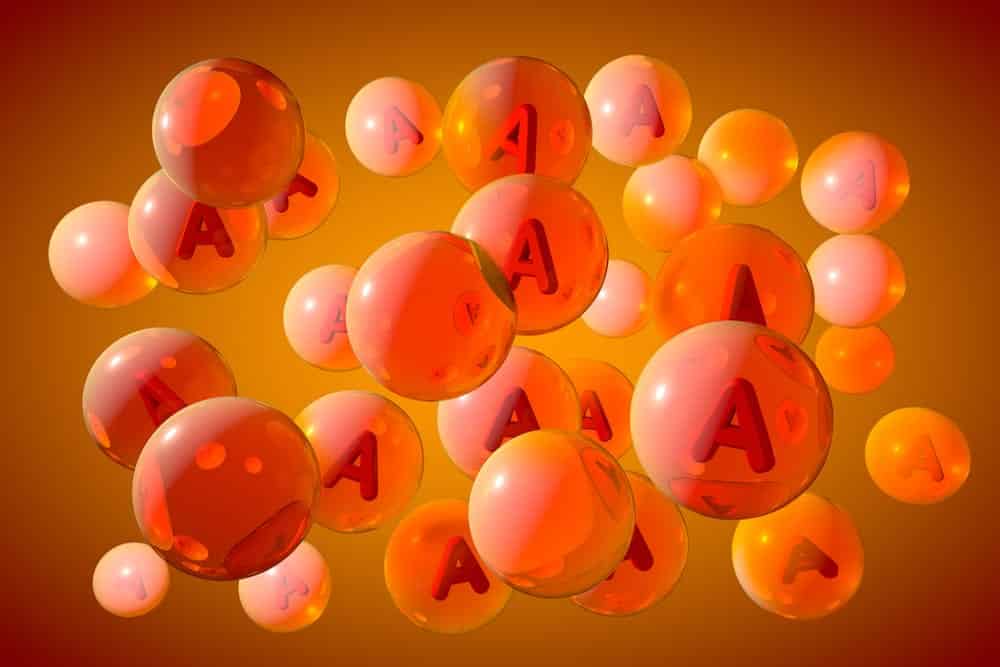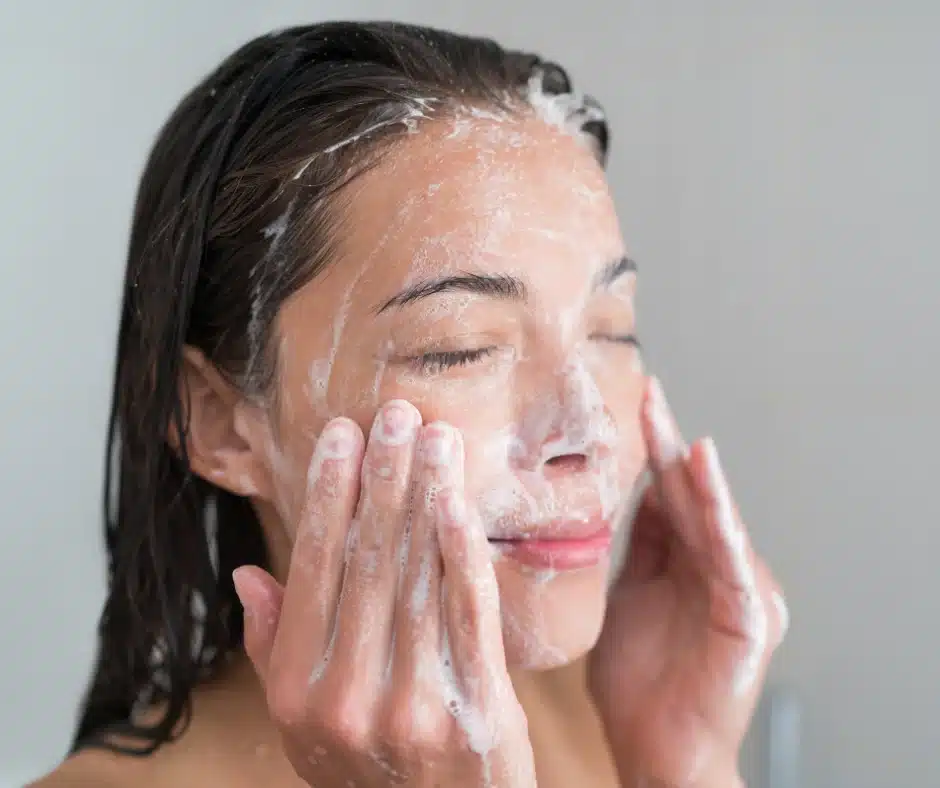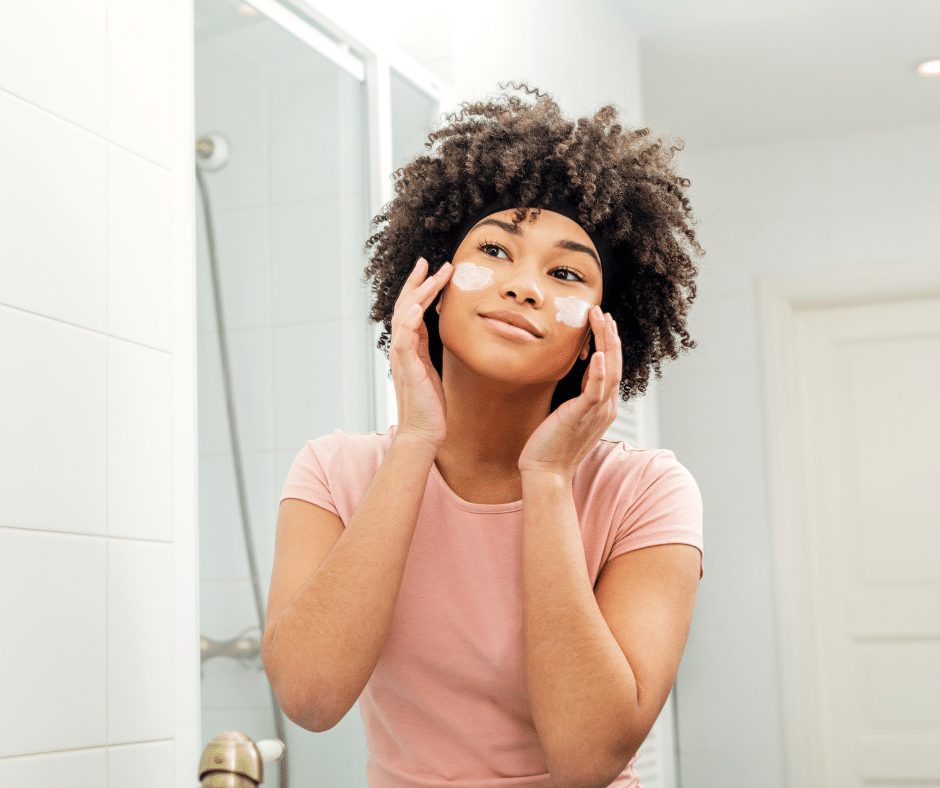

Retinoids are a class of chemical compounds that are related to vitamin A. Tretinoin, the first retinoid approved by the FDA, was branded Retin-A and used as an acne treatment.
However, dermatologists found that it also made skin softer and brighter and diminished the appearance of lines. As we age, our bodies produce less collagen, a protein that helps our skin look fuller and more supple. Retinoids help stimulate the production of collagen, which substantially boosts skin damaged by age, weather, or poor diet.
What type of products should I look for?
You can often find retinoids in serums or creams. Dermatologists prescribe creams that are more potent (and effective) that contain retinoic acid. Plenty of products found on the shelves at pharmacies or apothecaries contain retinol, retinaldehyde, retinyl palmitate, or retinyl propionate, all derivatives of vitamin A that are not as prescription-grade products.
Depending on your skin’s sensitivity, you may need to use an over-the-counter cream or serum as your starting point.
All retinoid products have varying times of recommended use for the best results. Anything that is prescribed will generally have faster results, but your dermatologist will consult with you based on your level of sensitivity. It generally averages about 12 weeks to see the results — it’s important to have patience!
What can I expect when using retinoids?
Everyone’s skin is different, and retinoids can be powerful. A modicum of discomfort is not abnormal; sometimes the skin just needs to get accustomed to the dose. It might be necessary to “ramp up” by starting with a less intense retinoid and moving up from there over time.
Prescription retinoids have a long list of potential side effects.The most common are skin irritations, including redness, dryness, and peeling.
Retinoids are not cure-all. When using them, you’ll want to continue your regular cleansing and moisturizing routine and apply sunscreen whenever you’re headed outside.
Consult with your doctor before starting retinoids
Patients that are new to our practice sometimes tell me what they need, rather than waiting for me to recommend treatments and products based on my experience, their medical history, and their concerns.
Because retinoid products are strong, talk to your dermatologist before using them. If you’d like to set up a consultation with us, please contact us today.
Posted In: Skin Care
Related Posts

June 13, 2025
Little Bumps on Your Forehead? Here’s Why
If you’ve ever looked in the mirror and noticed little bumps on your forehead that just won’t go away, no matter how...

May 30, 2025
Bust the Myth: Do Retinoids Cause Cancer?
Retinoids are one of the most powerful and widely used tools in modern dermatology, yet despite their many benefits, som...

August 26, 2024
Skincare Advice for Your 20s and 30s
If the Sephora kid trend tells us anything, it's that young people are paying attention to skin health and appearance. S...


